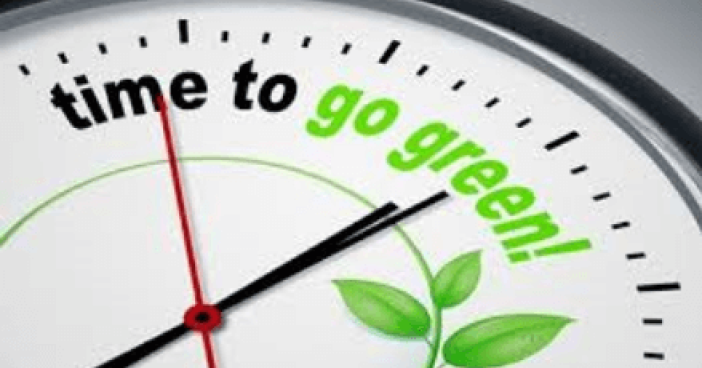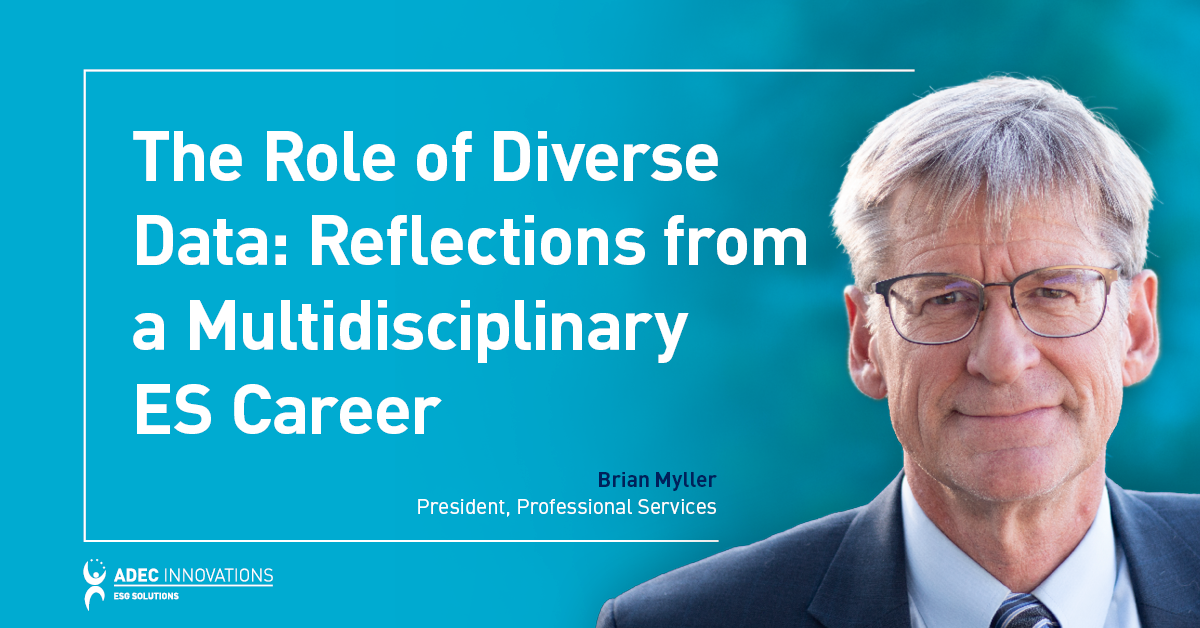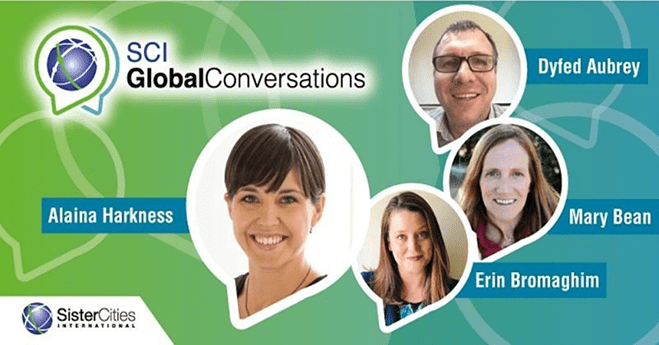A local government that develops a comprehensive and effective sustainability plan shows that it is committed to preserving the environment while developing sustainability strategies for the local community. Sustainability plans are developed to address environmental, community and financial sustainability, and serve as tools and road maps for assisting local governments in managing sustainability initiatives and documenting progress.
Putting together an effective sustainability plan
When building an effective sustainability plan, local governments should be mindful to:
1) Establish the vision of the sustainability plan for the community.
What is the purpose of the plan? And, who is it for? Provide a shared vision of the community that is a consistent message leading to the implementation of an effective sustainability plan.
2) Identify areas that need to be addressed.
Basic elements that should be covered include air quality and greenhouse gases (GHGs), land use, open space, transportation planning, waste management, water management and economic development.
3) Determine the process of implementation.
Planning the process requires input from the community and interested stake holders, an evaluation of investments in time and cost, and optimization of the plan to maximize savings and effectiveness.
4) Develop an implementation plan.
Identify short-term, mid-term and long-term targets that meet the community’s vision.
5) Create a user-friendly document.
An effective plan is one that the community can easily understand how to implement.
Engaging stakeholders
Drafting the plan is only the first step; stakeholder mapping is equally as important. The plan can only be successful with buy-in from stakeholders. ADEC ESG assists municipalities in identifying individuals or groups within the city or municipality that should be involved with the development of the plan, and analyzing their collective interest, e.g., how they stand to benefit and what may be required of them in return. Collaborative engagement with stakeholders helps to solidify their buy-in.
The following can be used to engage different stakeholders:
1) Information and education, which may include brochures, advertisements and newsletters
2) Information and feedback, such as websites, surveys, questionnaires and public meetings
3) Involvement and consultation, including workshops, focus group discussions and open house sessions
4) Extended involvement, in the form of community advisory committees and citizen juries.
Sustainable city planning requires the support and involvement of various public and private stakeholders. Engaging stakeholders through these approaches and keeping them informed through effective communication can turn passive citizens into active participants and owners of the plan.
With buy-in from stakeholders secured, the next step is to ask the right questions and understand the proper measurements to take for success. If air quality and reduction of GHGs are part of the plan, there should be an inventory that accurately identifies major sources of emissions. If water management and recycling are included, there should be proper allocation of liquid and solid wastes. Sustainability plans require extensive research; ensuring their success demands informed and data-driven decision-making.
Building a partnership with the right organization able to offer comprehensive solutions in all areas of the plan is critical for success. Governments need to consider whether the solutions are efficient and cost-effective.
What does it take to build a sustainability plan? It takes essential steps in drafting the plan, mapping and engaging the stakeholders, identifying baselines to be measured, and finding the right partners for implementation.
ADEC ESG is a leading provider of environmental and sustainability solutions, with expertise in delivering fully-integrated consulting, software and data management services. We help governments and organizations improve performance by recognizing challenges that need to be addressed and offering solutions for implementation. For more information about sustainability plans and their underlying principles, talk to our team today.




